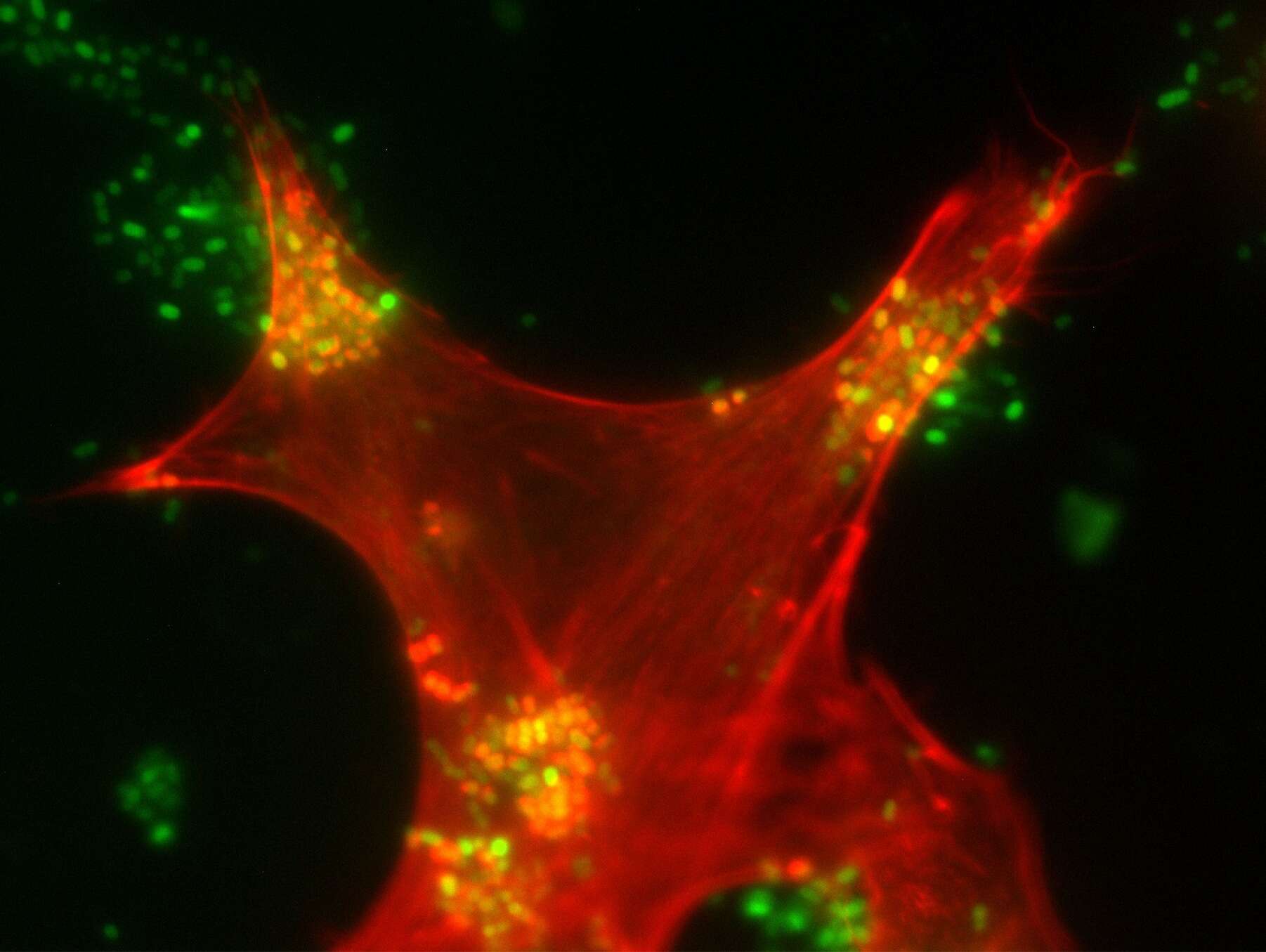
Rubinovitz-Grossman Prize
HOST CELL ATTACHMENT ELICITS POSTTRANSCRIPTIONAL REGULATION IN INFECTING ENTEROPATHOGENIC BACTERIA
2Bioinformatics Unit, Faculty of Medicine, The Hebrew University of Jerusalem, Jerusalem
How pathogens sense the host and respond by remodeling gene expression is poorly understood. Enteropathogenic Escherichia coli (EPEC), the cause of severe intestinal infection, employs a type three secretion system (T3SS) to inject effector proteins into intestinal epithelial cells. These effectors subvert host cell processes to promote bacterial colonization. We show that the T3SS also functions to sense the host cell and to trigger in response posttranscriptional remodeling of gene expression in the bacteria. We further show that on effectors injection, the effectors-bound chaperone, CesT, which remains in the EPEC cytoplasm, antagonizes the posttranscriptional regulator CsrA. The CesT-CsrA interaction provokes reprogramming of expression of virulence and metabolic genes. This regulation is likely required for the pathogen adaptation to life on the epithelium surface.


Powered by Eventact EMS